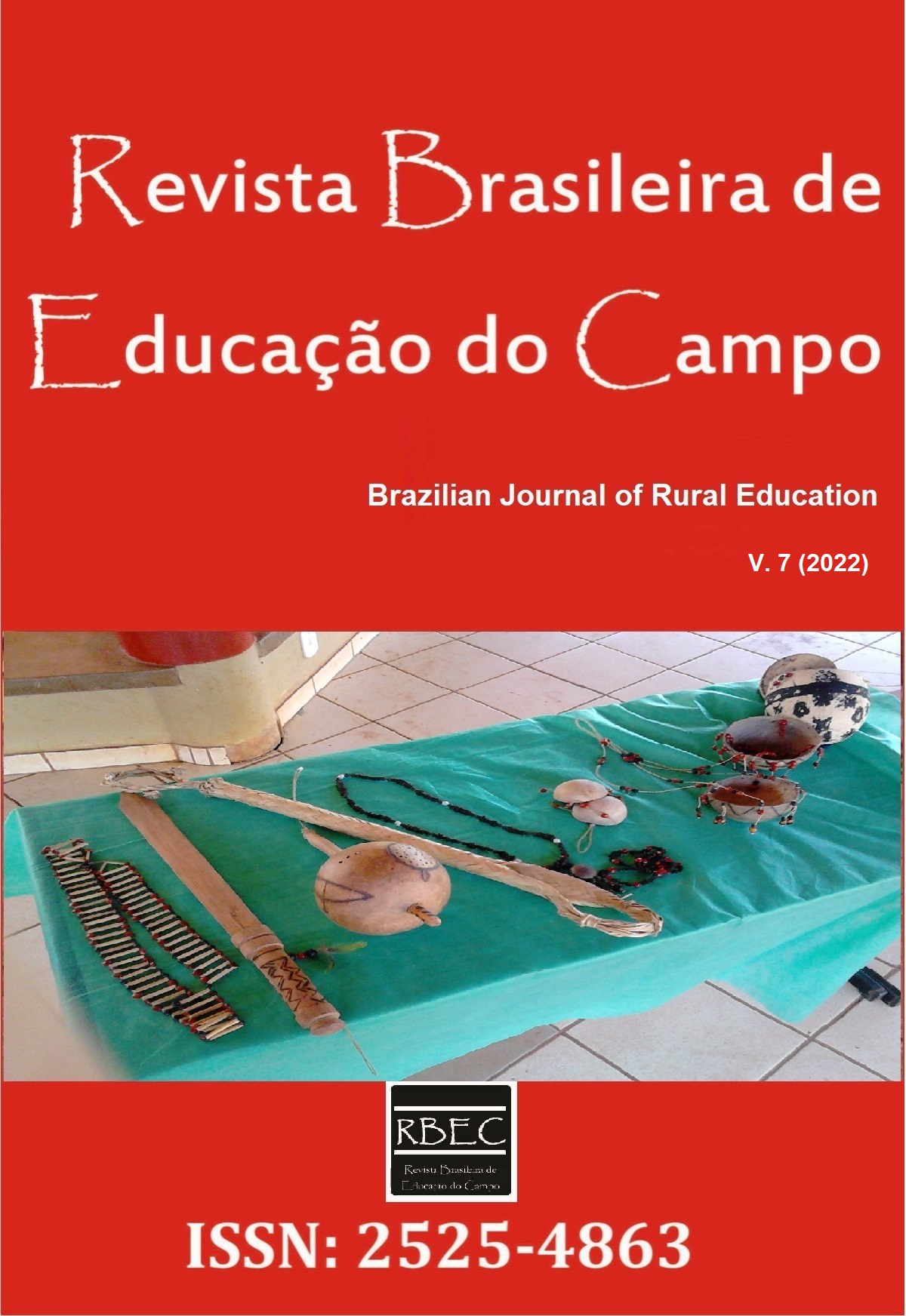The dissemination of rural associativism in the municipality of Quixeramobim: the experience of the São José Project
DOI:
https://doi.org/10.20873/uft.rbec.e12596Schlagworte:
Associations. Participation. Sustainability.Abstract
ABSTRACT. The article analyzed the experience of rural associations in Quixeramobim, Ceará, financed by the São José Project (PSJ). The PSJ's mission is to fight rural poverty and improve the living conditions of the poorest populations by supporting subprojects for small rural producers organized in community associations. It was observed how the participatory strategies of social actors are implemented and negotiated in the different stages of the project – formulation, implementation and evaluation. The research was based on the case study carried out in the city of Quixeramobim, Ceará. Thus, a representative sample of four community associations in the locality was chosen: two with a level of community participation considered successful and another two with an unsatisfactory level of participation. For these reasons, the study questioned the sustainability and participation of the face-to-face and/or passive type. In addition, the experience revealed a certain top-down control, so that community demands were/are not always considered and respected when approved in the social base itself. That said, it is possible to say that the process of paternalism and political patronage in the release of community demands has not ceased.
Downloads
Literaturhinweise
Assis, R. L. de. (2006). Desenvolvimento rural sustentável: perspectivas a partir da integração das públicas e privadas com base na agroecologia. Revista Economia Aplicada, 10(1), 75-89. https://doi.org/10.1590/S1413-80502006000100005
Bursztyn, M. (1984). O Poder dos donos. Petrópolis: Vozes.
Ceará. (199-). Secretaria de Planejamento. Plano de Desenvolvimento Sustentável. Fortaleza.
Ceará. (1998). Perfil Básico Municipal. Quixeramobim. Fortaleza: IPLANCE.
Demo, P. (1995). Cidadania tutelada e cidadania assistida. Campinas: Autores Associados.
Demo, P. (2001). Cidadania pequena. Fragilidades e desafios do associativismo no Brasil. Campinas, SP: Autores Associados.
Dias, R. et al. (2017). Políticas Públicas: princípios, propósitos e processos. São Paulo: Atlas.
Freire, P. (1980). Comunicação é extensão. 5. ed. Rio de Janeiro: Paz e Terra.
Chizzotti, A. (2000). Pesquisa em Ciências Humanas e Sociais. 4 ed. Cortez: São Paulo.
Guivant, J. S. (1997). Cadernos de Ciências & Tecnologias, Brasília, 14, 411-447.
Pretty, J. N. (1995). Regenerating agriculture: policies and practice for sustainability and self-reliance. Londres: Earthscan.
Reijntjes, C. et al. (1994). Agricultura para o futuro: uma introdução à agricultura sustentável e de baixo uso de insumos externos. Rio de Janeiro: AS-PTA.
Veröffentlicht
Zitationsvorschlag
Ausgabe
Rubrik
Lizenz
Creative Commons Attribution License
Creative Commons Attribution License
Proposal for Copyright Notice Creative Commons
1. Policy Proposal to Open Access Journals
Authors who publish with this journal agree to the following terms:
A. Authors retain copyright and grant the journal right of first publication with the work simultaneously licensed under the Creative Commons Attribution License that allows sharing the work with recognition of its initial publication in this journal.
B. Authors are able to take on additional contracts separately, non-exclusive distribution of the version of the paper published in this journal (ex .: publish in institutional repository or as a book), with an acknowledgment of its initial publication in this journal.
C. Authors are permitted and encouraged to post their work online (eg .: in institutional repositories or on their website) at any point before or during the editorial process, as it can lead to productive exchanges, as well as increase the impact and the citation of published work (See the Effect of Open Access).













